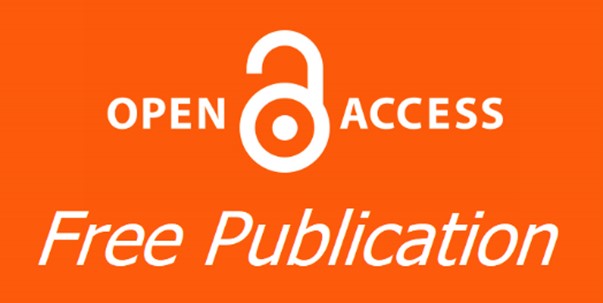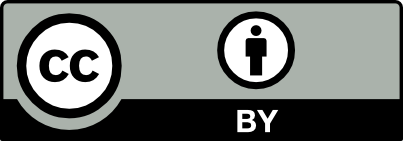Document Type
Original Study
Abstract
Objective: The objective of this study was to evaluate the light transmittance and fracture resistance of fiber posts following application of various surface treatments. Materials and Methods: Fiber post specimens (GLASSIX+ Pluse. Nordin, redsize, swiss) were tested (n=7). The fiber posts were divided into four groups according to the application of surface treatments: Group 1: No surface treatment; Group 2: Irradiated with erbium: Yttrium-aluminum-garnet laser; Group 3: Airborne-particle abraded with 110 pm Al 2O3; Group 4: Etched with hydrofluoric acid (HF) + silane application. After measuring light transmittance these fiber posts are cemented in endodontically treated teeth by resin cement to evaluate fracture resistance by universal testing machine. Results: One-way ANOVA revealed the highest mean value in light transmittance was recorded in control group, whereas the lowest mean value was recorded after Etched with hydrofluoric acid. ANOVA test revealed that the difference between treatments was statistically significant (p=0.029). Tukey’s post hoc test revealed no significant difference between control group and LASER. Moreover, there was no significant difference between Laser group and Sandblasting group. Etched group with hydrofluoric acid was significantly lower than control group and LASER group. The highest mean fracture resistance value was recorded after Etching with hydrofluoric acid, whereas the lowest mean value was recorded in Sandblasting group. ANOVA test revealed that the difference between treatments was not statistically significant (p=0.996). Conclusion: Application of surface treatments might negatively affect the light transmission property of fiber posts.
Keywords
fracture; resistance; Fiber post
How to Cite This Article
El Mekkawy, Walaa and Mohammad, Suad
(2018)
"The Effect of Different Surface Treatments on Light Transmittance and Fracture Resistance of Fiber Posts,"
Al-Azhar Journal of Dentistry: Vol. 5:
Iss.
3, Article 6.
DOI: https://doi.org/10.21608/adjg.2018.17188
Subject Area
Restorative Dentistry Issue (Removable Prosthodontics, Fixed Prosthodontics, Endodontics, Dental Biomaterials, Operative Dentistry)








